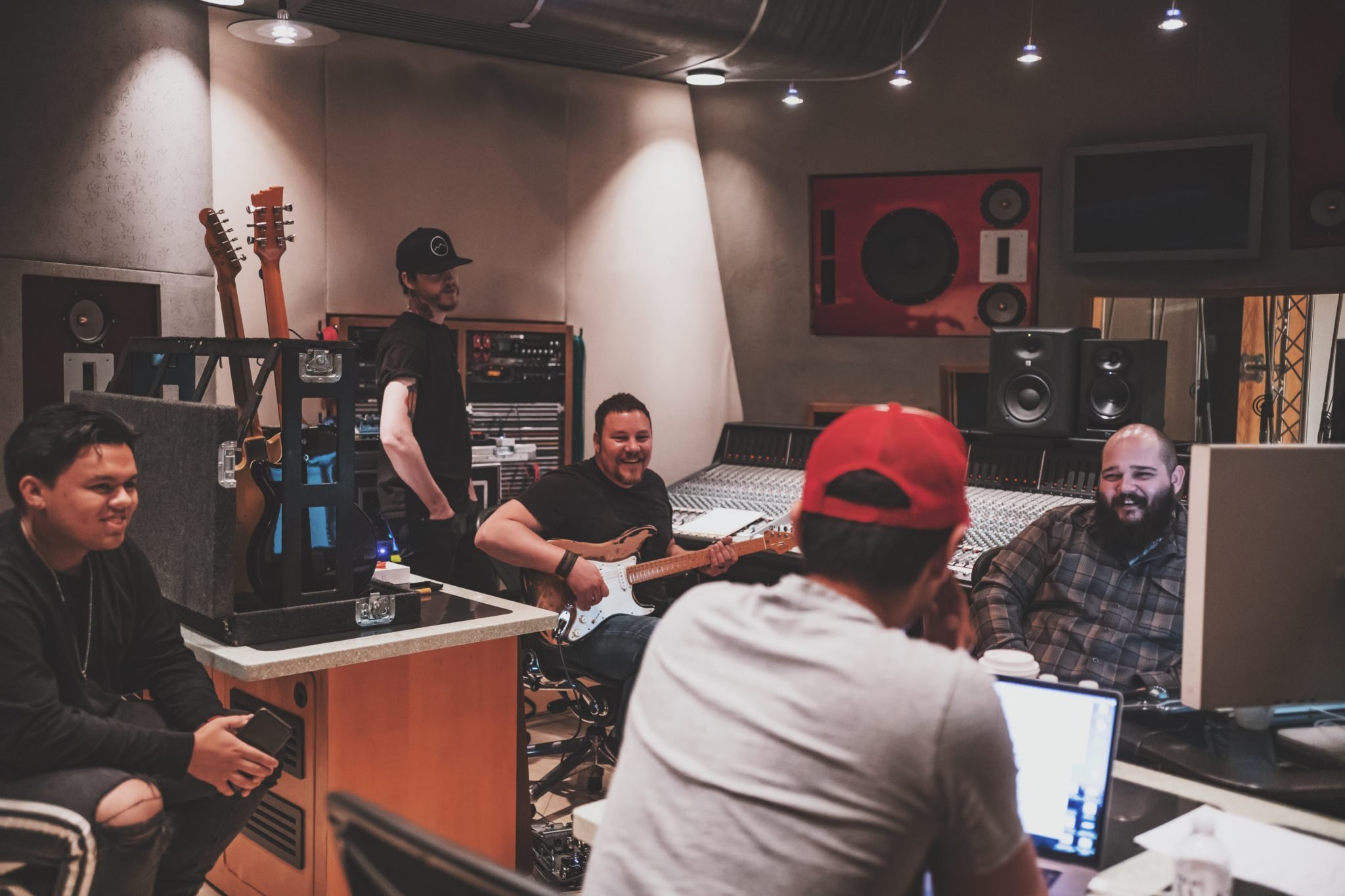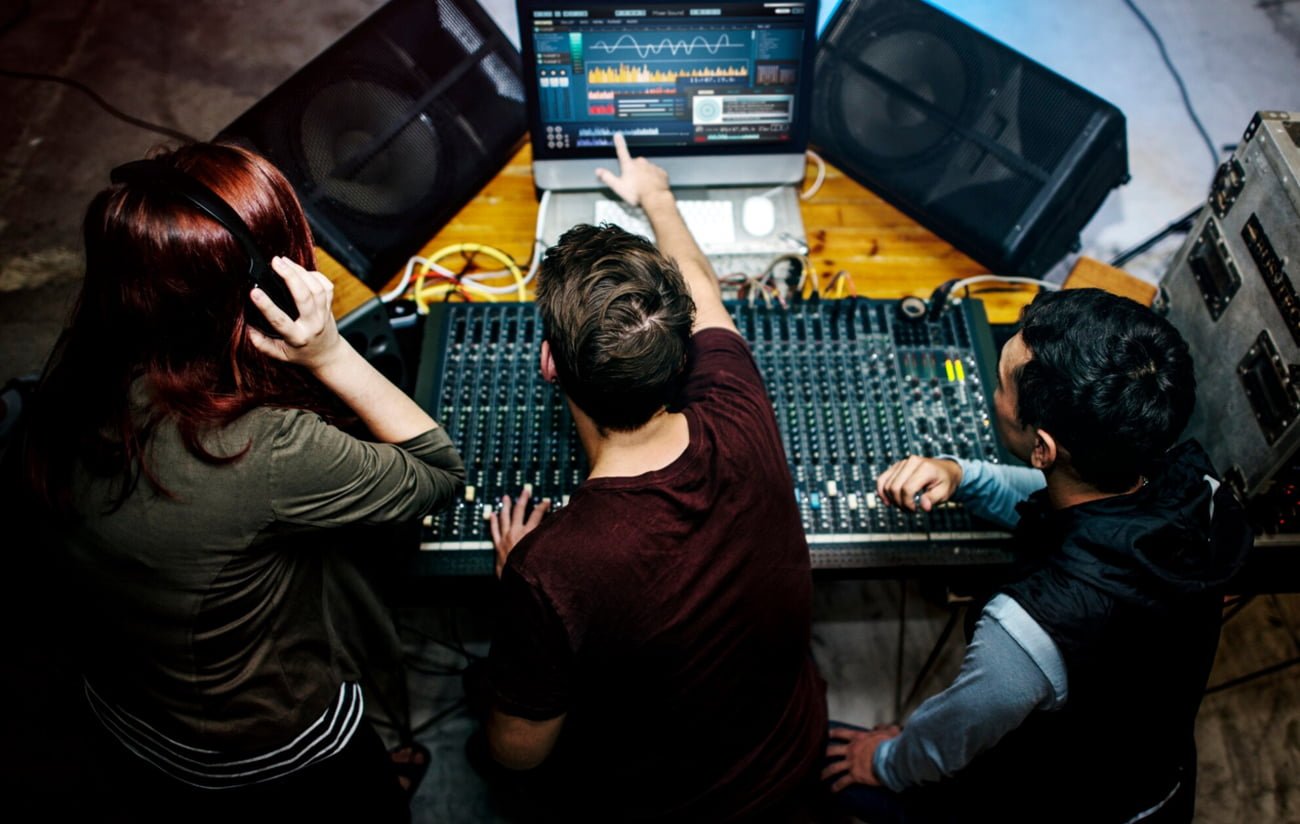Collaboration Tips for Producers: Unlocking Creativity and Success
Collaboration is a powerful tool for music producers. It can open up new creative avenues, introduce you to different perspectives, and help you learn new techniques. Whether you're working with another producer, a vocalist, or a live musician, effective collaboration can lead to incredible musical results. Here are some tips to ensure your collaborations are successful and creatively fulfilling.
1. Find the Right Collaborator
Choosing the right person to collaborate with is crucial. Look for someone whose skills complement yours and whose musical vision aligns with your own.
Shared Goals: Ensure you have a common goal for the project. Discuss your expectations and what you hope to achieve from the collaboration.
Complementary Skills: Collaborate with someone who brings something different to the table. If you’re great at producing beats but less confident with melodies, find someone who excels in that area.
Compatibility: Personal compatibility is as important as musical compatibility. Make sure you can communicate openly and work together harmoniously.
2. Establish Clear Communication
Clear and open communication is key to a successful collaboration. Set expectations from the start and maintain regular communication throughout the project.
Set Goals and Deadlines: Define the scope of the project, set goals, and agree on deadlines. This helps keep the collaboration on track and ensures everyone is on the same page.
Use Collaboration Tools: Utilize tools like Google Drive, Dropbox, or DAW-specific cloud services to share files and ideas easily. Communication platforms like Slack or Discord can also be beneficial for real-time discussions.
Provide Constructive Feedback: Give and receive feedback constructively. Be honest but respectful, focusing on how suggestions can improve the project.
3. Be Open to New Ideas
Collaboration is about blending different perspectives and ideas. Be open to trying new things, even if they’re outside your usual style or comfort zone.
Experimentation: Don’t be afraid to experiment and take risks. Some of the best ideas come from trying something completely new.
Adaptability: Be willing to adapt your style and approach to fit the collaborative process. Flexibility can lead to unique and exciting outcomes.
Respect Each Other's Input: Value your collaborator’s contributions and be open to their suggestions. A collaborative project should reflect both parties’ ideas and styles.
4. Define Roles and Responsibilities
Clearly defining roles and responsibilities can help avoid confusion and ensure a smooth workflow.
Strengths and Weaknesses: Discuss each other’s strengths and weaknesses and assign tasks accordingly. For instance, one person might handle beat-making while the other focuses on melody and harmony.
Decision-Making: Decide how decisions will be made. Will you work by consensus, or will one person take the lead in certain areas?
Division of Labor: Clearly divide tasks such as recording, editing, mixing, and mastering. This prevents overlap and ensures that all aspects of the project are covered.
5. Share Resources and Knowledge
Collaborating with others is an excellent opportunity to learn and grow as a producer. Share your knowledge and resources to enhance the collaborative experience.
Sample Libraries and Plugins: Share your sample libraries, VSTs, and other resources. This can help both parties expand their toolkit and find new inspiration.
Production Techniques: Teach each other new production techniques and tricks. Sharing knowledge can lead to mutual growth and improved skills.
Creative Processes: Discuss your creative processes and workflows. Understanding how your collaborator works can help streamline the collaborative process.
6. Maintain Creative Freedom
While collaboration involves compromise, it’s essential to maintain your creative freedom and integrity.
Balance: Find a balance between collaboration and individual expression. Ensure that both parties feel their ideas and contributions are valued.
Solo Time: Take time to work on parts of the project individually before bringing them back to the group. This can lead to fresh ideas and perspectives.
Respect Boundaries: Respect each other’s creative boundaries. If your collaborator is uncomfortable with a particular direction, find a compromise that works for both of you.
7. Handle Conflicts Professionally
Conflicts are natural in any collaborative process. The key is to handle them professionally and constructively.
Stay Calm: Address conflicts calmly and respectfully. Avoid letting emotions drive the conversation.
Find Common Ground: Look for common ground and focus on shared goals. This can help you find solutions that work for both parties.
Mediator: If necessary, involve a neutral third party to mediate and help resolve conflicts.
8. Celebrate Successes Together
Acknowledge and celebrate your achievements together. Recognizing each other’s contributions can strengthen your collaborative relationship and motivate you to keep working together.
Positive Reinforcement: Provide positive feedback and celebrate milestones, whether it's finishing a track or getting positive feedback from listeners.
Share Credits: Ensure that credits and recognition are shared fairly. This includes giving proper credit on releases, social media, and other platforms.
Future Collaborations: Discuss future projects and opportunities for collaboration. Building a long-term working relationship can lead to even more creative and successful endeavors.
Conclusion
Collaboration can be a highly rewarding experience for music producers. It offers opportunities for learning, growth, and creative exploration. By finding the right collaborator, maintaining clear communication, being open to new ideas, and handling conflicts professionally, you can ensure a successful and fulfilling collaborative process. Remember, the goal is to create great music and enjoy the journey of working with others. So, embrace collaboration and unlock your full creative potential.






